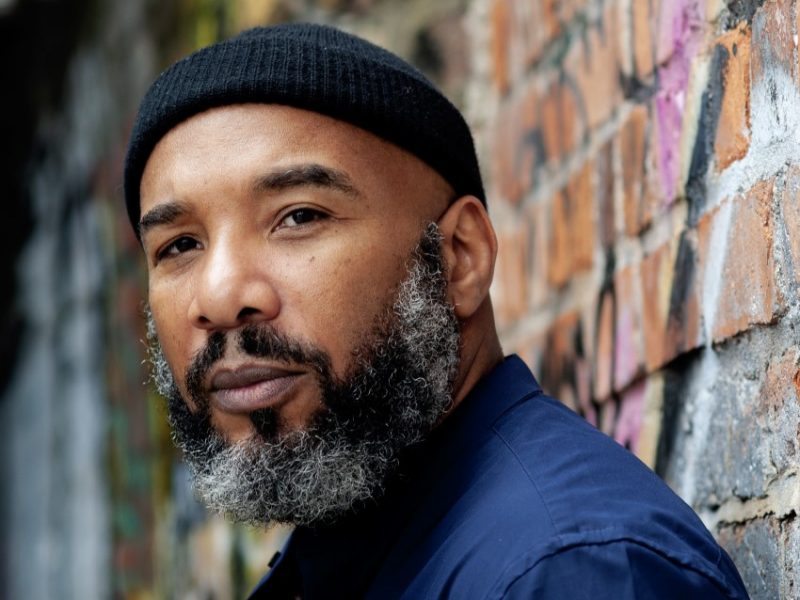Poetry Club: Anthony Joseph, Hannah Sullivan & James Conor Patterson
(This is a past event and is no longer running)
SOLD OUT
POETRY
This event is currently sold out. Please contact our box office via phone to join a waiting list.
We are delighted to welcome Anthony Joseph, Hannah Sullivan and James Conor Patterson, three of the finest poets of their generation for a spell-binding evening of poetry – the first in the 2023 series which marks the 10th anniversary of the club. There will also be an opportunity to purchase signed copies of the collections featured at Poetry Club after the readings.
Anthony Joseph is the winner of this year’s TS Eliot Prize for his poetry collection Sonnets for Albert. His previous poetry collections include Desafinado (1994), Teragaton (1998), and Rubber Orchestras (2011). He has also written three novels: The African Origins of UFOs (2006), Kitch: A Fictional Biography of a Calypso Icon (2018), and The Frequency of Magic (2019).
He is a poet, novelist, academic and musician, who moved from Trinidad to the UK in 1989.
“An absolutely brilliant writer” – Benjamin Zephaniah
“A luminous collection which celebrates humanity in all its contradictions and breathes new life into this enduring form” – Jean Sprackland
Hannah Sullivan won the prestigious TS Eliot Prize in 2019 with her debut collection, Three Poems. She is an academic who teaches English at New College, Oxford. She lives in London with her husband and two sons. She will read from her newly published collection Was it For This for the first time on the 9th of February.
“The best first collection I’ve read for a long time: moving, technically adroit, clever in all the right ways, and full of brilliant small-scale effects as well as large achievements.” – Andrew Motion, Guardian
James Conor Patterson’s debut poetry collection bandit country was published by Picador in September 2022 for which he was shortlisted for the 2022 TS Eliot Prize. In 2019, he received an Eric Gregory Award for his work. He is from Newry in the North of Ireland.
“[bandit country] is dynamic and weighted and boasts a technical proficiency that makes an easy for it to be considered a classic” – Caleb Femi, award-winning poet and author



